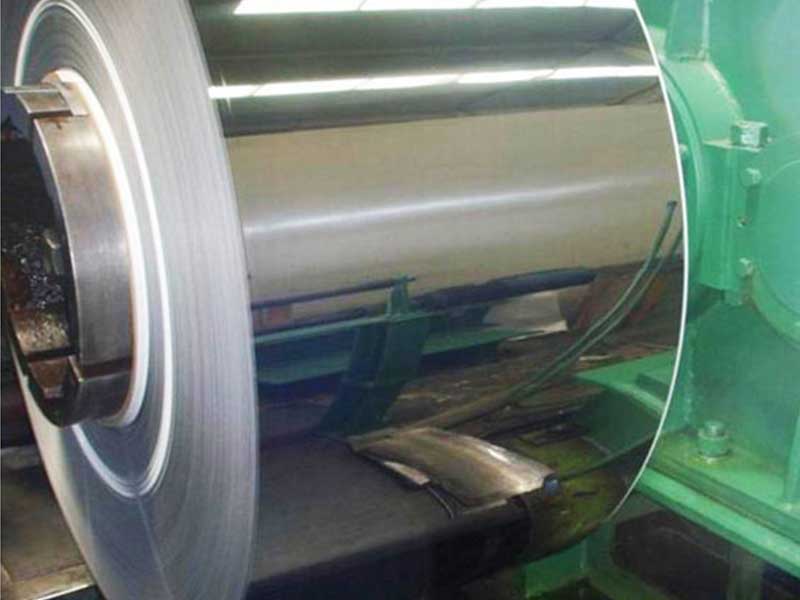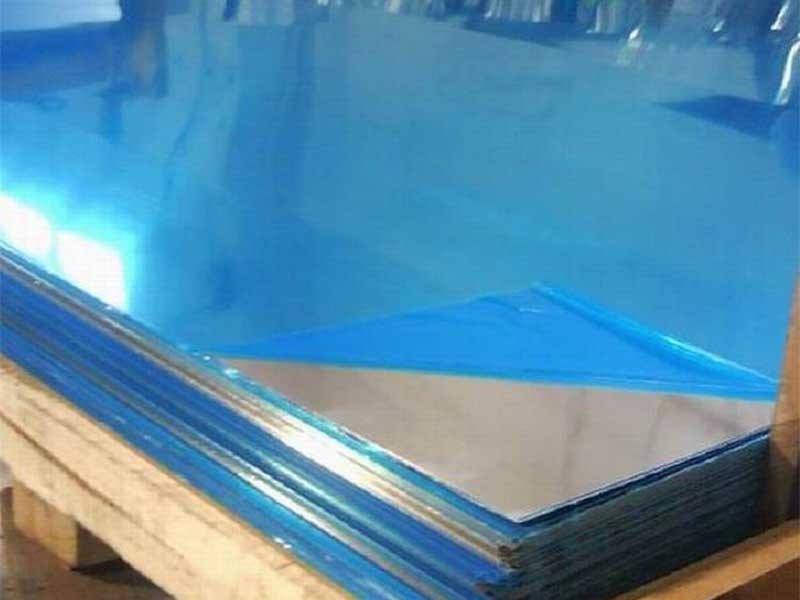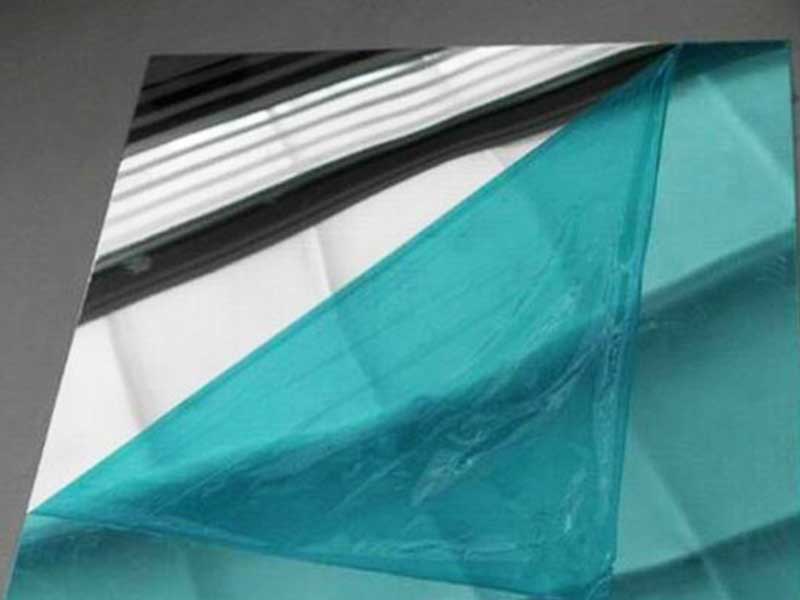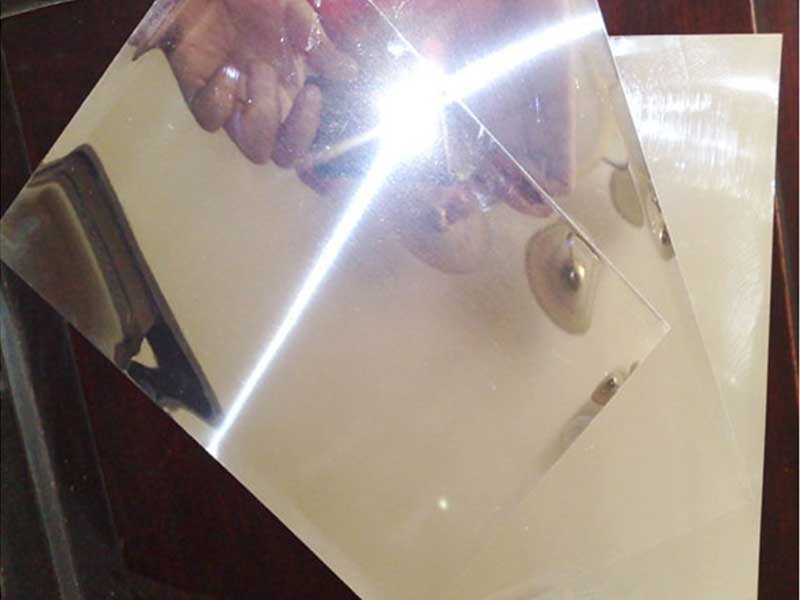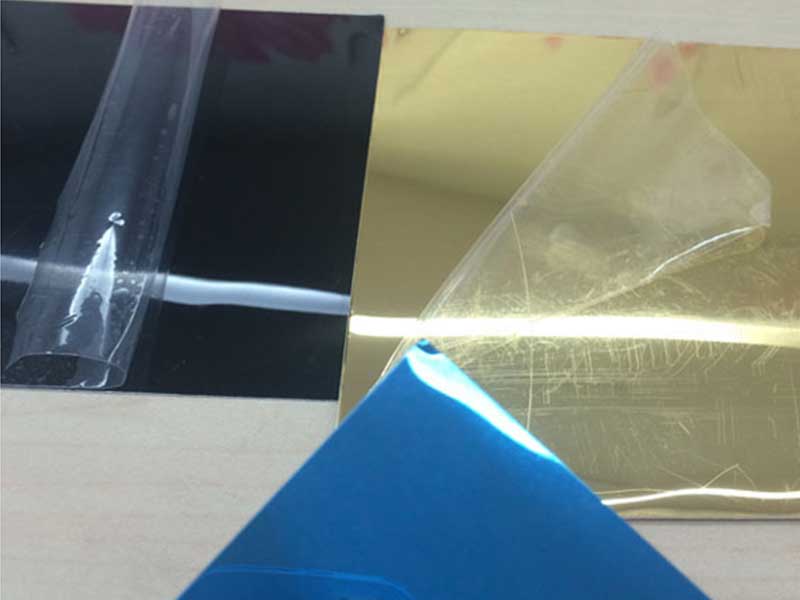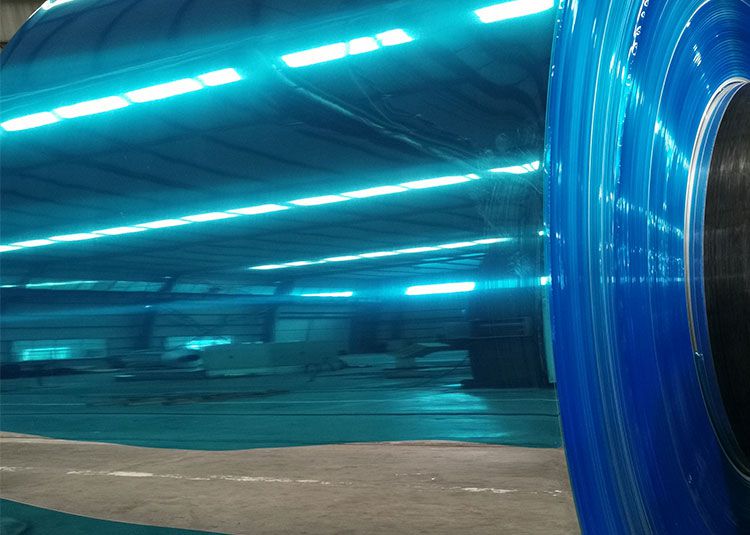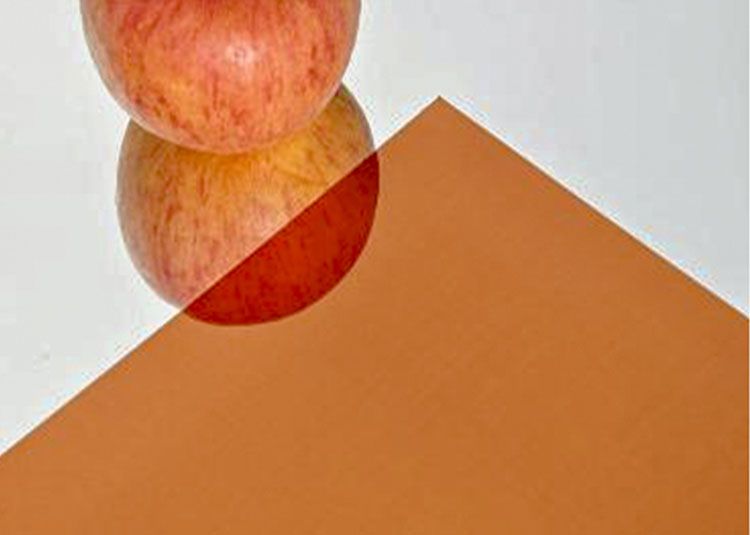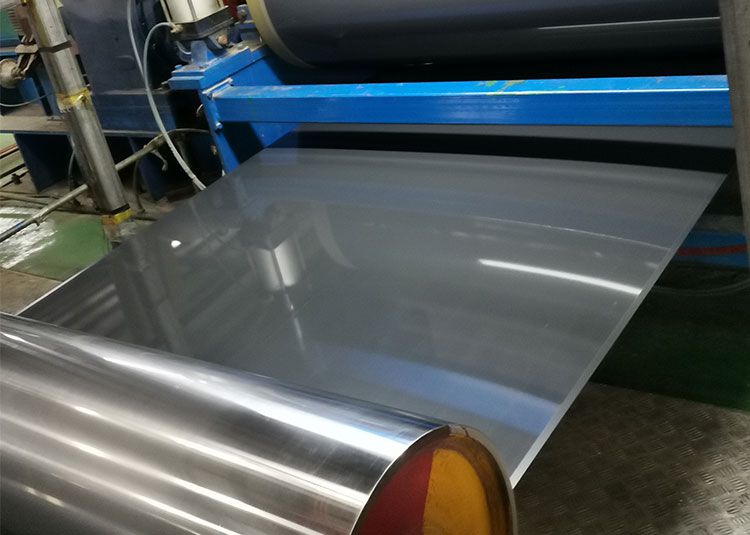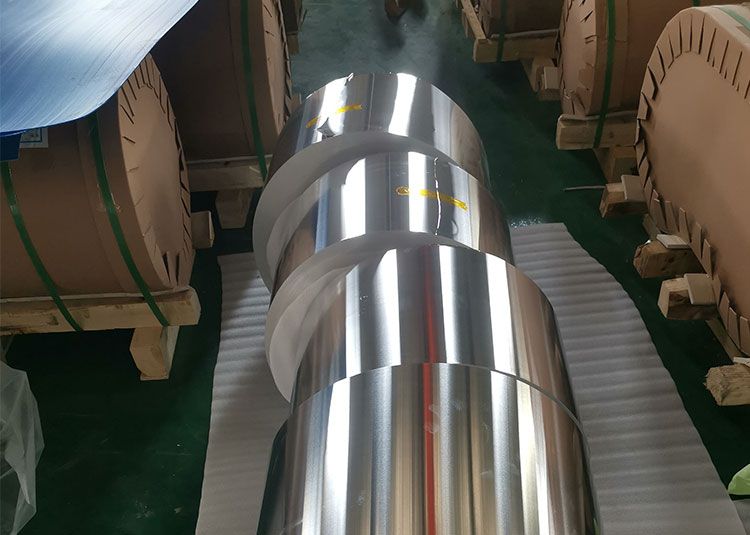In the evolving landscape of metal engineering and design, Polished Mirror Aluminum Coil stands out as a material combining both aesthetic appeal and functional strength. Particularly, aluminum alloys 1060 and 3003 in polished mirror coil form have become pivotal across diverse industries due to their unique properties, technical features, and versatility.
Polished Mirror Aluminum Coil
A polished mirror aluminum coil is essentially an aluminum sheet rolled into a coil and subjected to meticulous polished finishing that produces a high-gloss reflective surface—effectively resembling a mirror. Unlike standard aluminum coils, the mirror finish amplifies both aesthetic value and protective characteristics, making it ideal where both appearance and performance matter.
Focus on 1060 and 3003 Aluminum Alloys
These polished mirror aluminum coils are produced mainly in alloys 1060 and 3003, each presenting distinct advantages tailored to specific implementations:
- 1060 Alloy: Representing commercially pure aluminum with 99.6% minimum purity, the 1060 alloy is known for excellent corrosion resistance, electrical and thermal conductivity, and excellent workability.
- 3003 Alloy: An aluminum-manganese alloy (typically 1.0-1.5% Mn) offering higher strength than 1060, good corrosion resistance, and very good workability, often considered a general-purpose alloy.
Functions of Polished Mirror Aluminum Coil 1060 / 3003
1. Reflective Surfaces
Their high-polished mirror finishes allow optimal light reflectivity, making them ideal for applications demanding superior reflection – from decorative interior designs to solar energy reflecting panels.
2. Corrosion Resistance
Aluminum alloys such as 1060 and 3003 naturally form a thin passivation layer of aluminum oxide which protects the sheet from corrosion—which is critical for exposure in humid or outdoor environments, especially construction and transportation sectors.
3. Thermal and Electrical Conductivity
This makes these polished mirror coils particularly suited for heat exchangers, radiators, and electronic applications where rapid thermal dissipation and electrical functionality are vital.
4. Lightweight Structural Integrity
Their balance of low density and moderate-to-high strength (in 3003 alloy) ensures utility in applications such as automotive body panels or appliance housings where weight savings translate to better performance.
Technical Specifications & Standards
Physical & Mechanical Parameters Table
| Parameter | Alloy 1060 | Alloy 3003 |
|---|---|---|
| Purity (%) | ≥ 99.6 | Aluminum + Mn 1.0–1.5% (Additional minor elements) |
| Tensile Strength (MPa) | 70 - 110 | 130 - 180 |
| Yield Strength (MPa) | 35 - 60 | 100 - 140 |
| Elongation (%) | 15 - 40 | 16 - 25 |
| Density (g/cm³) | 2.70 | 2.70 |
| Thermal Conductivity (W/m·K) | ~220 | ~154–164 |
| Electrical Conductivity (% IACS) | 57 - 61 | 15 - 28 |
| Reflectivity (%) | ~85 (Mirror finish) | ~82 (Mirror finish) |
| Temper Available | H14, H24, H18 (various tempers suitable for shaping and strength levels) | H14, H24, H18 |
Chemical Composition
| Element | 1060 Alloy (wt.%) | 3003 Alloy (wt.%) |
|---|---|---|
| Aluminum (Al) | ≥ 99.6 | 97.0 - 99.4 |
| Copper (Cu) | ≤ 0.05 | ≤ 0.10 |
| Manganese (Mn) | ≤ 0.03 | 1.0 – 1.5 |
| Iron (Fe) | ≤ 0.35 | ≤ 0.70 |
| Silicon (Si) | ≤ 0.25 | ≤ 0.60 |
| Zinc (Zn) | ≤ 0.03 | ≤ 0.10 |
| Others | Trace | Trace |
Temper Designations and Their Impact
The temper code illustrates the processing state of the aluminum sheet balancing strength and ductility:
- H14: Partial Hard (Strain Hardened) – used when moderate strength and good formability are required.
- H18: Full Hard – highest strength achievable by strain hardening alone, with lower elongation.
- H24: Strain Hardened and partially annealed, with a combination of hardness and flexibility.
Final temper is selected depending on the end-use, such as the need for forming or maintaining a sheer mechanical strength.
Applications
Construction and Architecture
Polished mirror aluminum coils are extensively used for:
- Wall cladding and decorative panels.
- Elevator interiors and ceilings.
- Reflective sunshields and partitions.
- Roof liners and moldings.
The corrosion-resistant mirror finish coupled with easy maintenance delivers premium design and durability outcomes.
Automotive Industry
- Trim and bright metallic finishes on car bodies.
- Lightweight structural panels.
- Heat reflective elements minimizing thermal load.
Household Appliances
- Refrigerator sprayed mirror surfaces.
- Microwave oven interiors and external decorative panels.
- Washing machine parts for corrosion resistance with add-on aesthetic finishes.
Electronics & Lighting
Used as casings, heat spreaders, and reflectors due to effective conductivity combined with a mirror-quality aesthetic.
Solar & Energy Equipment
- Reflective substrates in solar cooker reflectors and photovoltaic panel mirror casing.
- Heat reflectors in energy systems to maximize solar gain.
Compliance with Industry Standards and Quality Assurance
Our polished mirror aluminum coils conform to standards, such as the:
- GB / T 3880–2006 (Chinese Alloy Standards for rolled aluminum).
- ASTM B209: Aluminum and Aluminum-Alloy Sheet and Plate.
- EN 573 & EN 485 series: Aluminum alloy chemical compositions and mechanical properties European Standards.
Each coil undergoes rigorous polishing and inspection techniques to achieve the consistent surface uniformity that guarantees mirror-like smoothness without pits, evtchness, or scale.


